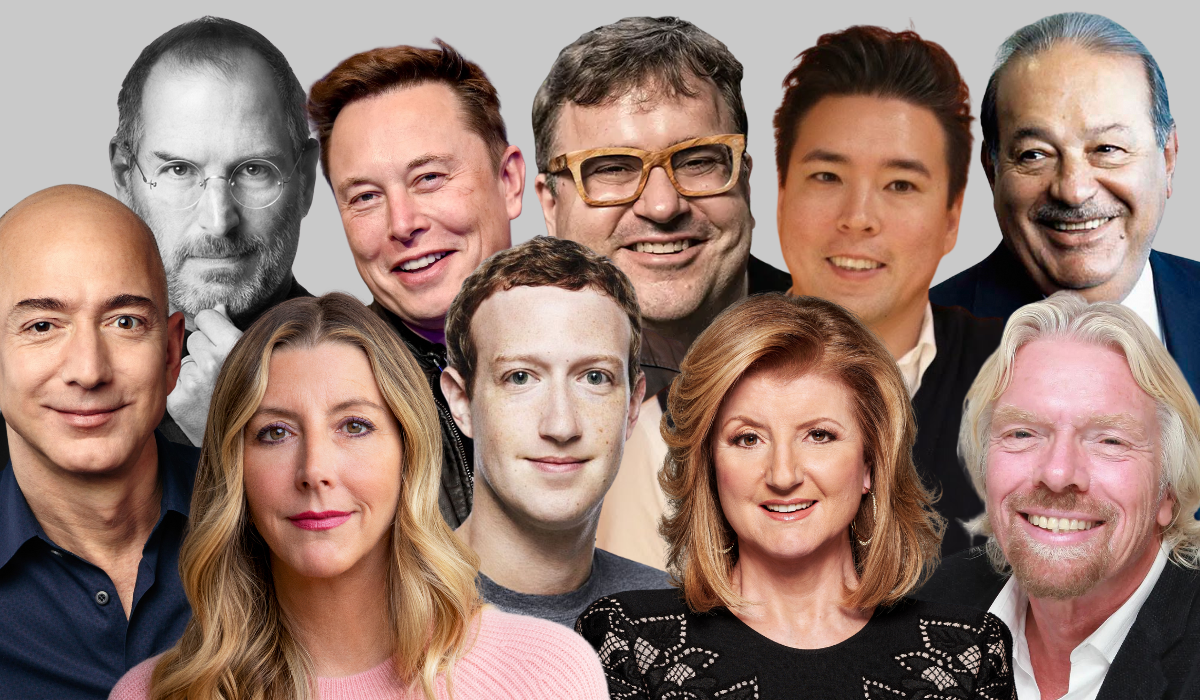While countless stories of overnight successes and billion-dollar valuations flood our social media feeds, the reality of starting and growing a business is far more nuanced. Embarking on an entrepreneurial journey is both exhilarating and daunting.
This article aims to demystify entrepreneurship by debunking ten common misconceptions. It is enriched with wisdom from successful entrepreneurs, current trends, practical advice, and diverse entrepreneurial journeys. Here’s a closer look aimed at providing insights and actionable guidance for aspiring entrepreneurs.
1. Entrepreneurs are born, not made
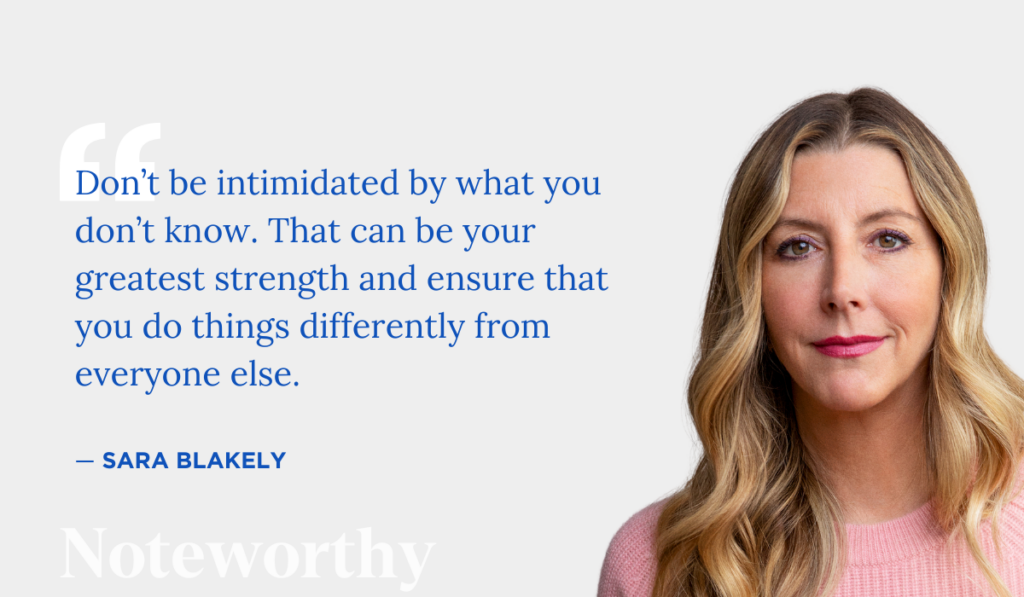
The belief that entrepreneurs inherently possess unique traits or skills predisposing them to success is a common misconception. Entrepreneurship is accessible to anyone with a strong work ethic, a willingness to learn, and the determination to persevere through challenges.
Don’t be intimidated by what you don’t know. That can be your greatest strength and ensure that you do things differently from everyone else.
Sara Blakely, the creator of Spanx.
Sara Blakely is a prime example of the crucial role that tenacity, creativity, and the capacity to learn from failure play in achieving entrepreneurial success. Despite having no experience in fashion or business, she transformed her idea into a billion-dollar company. She noted,
Entrepreneurship is a continuous learning experience. Adopting a growth mindset and capitalising on the educational opportunities and resources available through platforms like Coursera and Udemy is important.
2. You need a ground-breaking idea to succeed
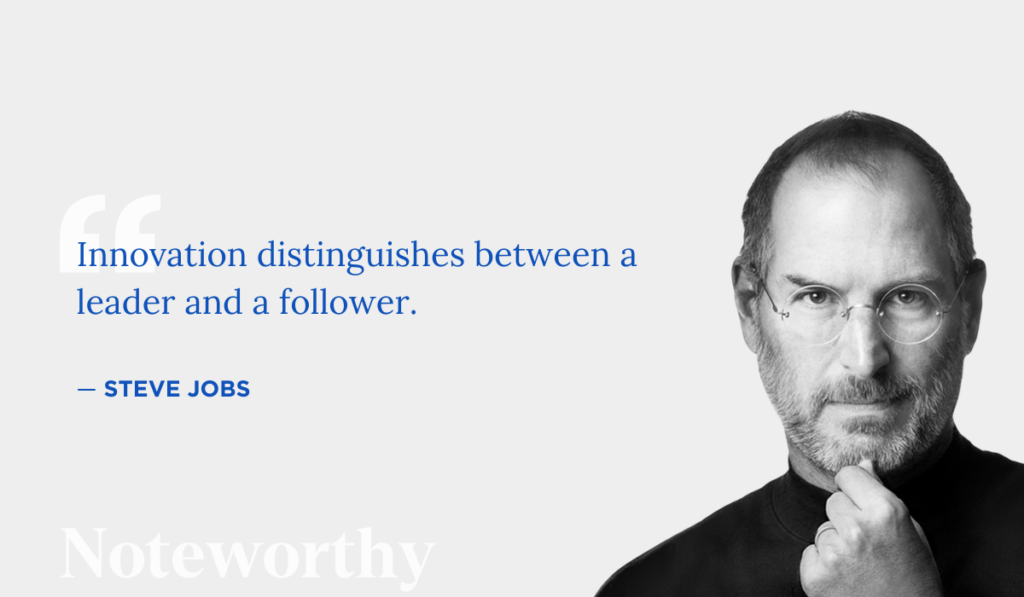
While having a unique idea can be beneficial, many successful businesses were built on improving existing products or services or fulfilling unmet needs in conventional markets. Starbucks didn’t invent the coffee shop; they reinvented the experience, proving that refining and adapting existing ideas to meet customer needs better is a viable path to success.
Innovation distinguishes between a leader and a follower.
Steve Jobs, co-founder of Apple Inc.
Success often hinges more on execution, customer service, and market fit than the novelty of the idea. Execution and customer experience usually outweigh novelty. Conduct market research to identify pain points in existing offerings and brainstorm ways your business could more effectively solve them.
3. Starting a business requires a lot of money
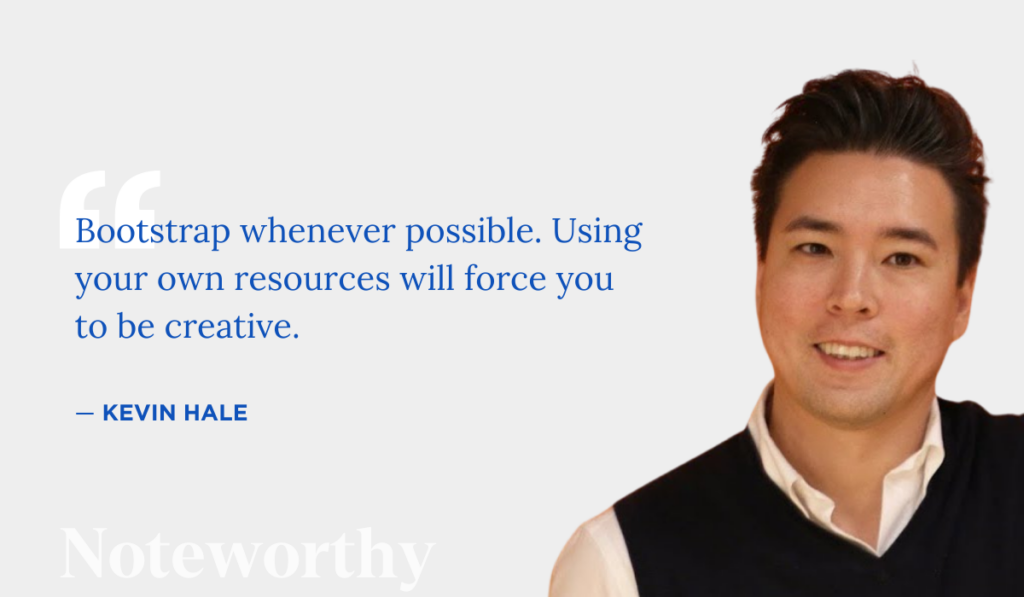
The initial investment required to start a business can vary widely, depending on the industry and business model. While some ventures require significant upfront capital, others, especially service-based businesses or those operating online, can be started on a shoestring budget.
Bootstrap whenever possible. Using your own resources will force you to be creative.
Kevin Hale, co-founder of Wufoo and Partner at Y Combinator.
Mailchimp grew into a billion-dollar company without external funding. Creativity and resourcefulness can compensate for limited funds.
Crowdfunding and digital platforms have made it easier for startups to access capital. To take advantage of this, explore lean startup methods, use crowdfunding, and pre-sell your product to validate your business idea and gather initial funds.
4. You must have a business degree
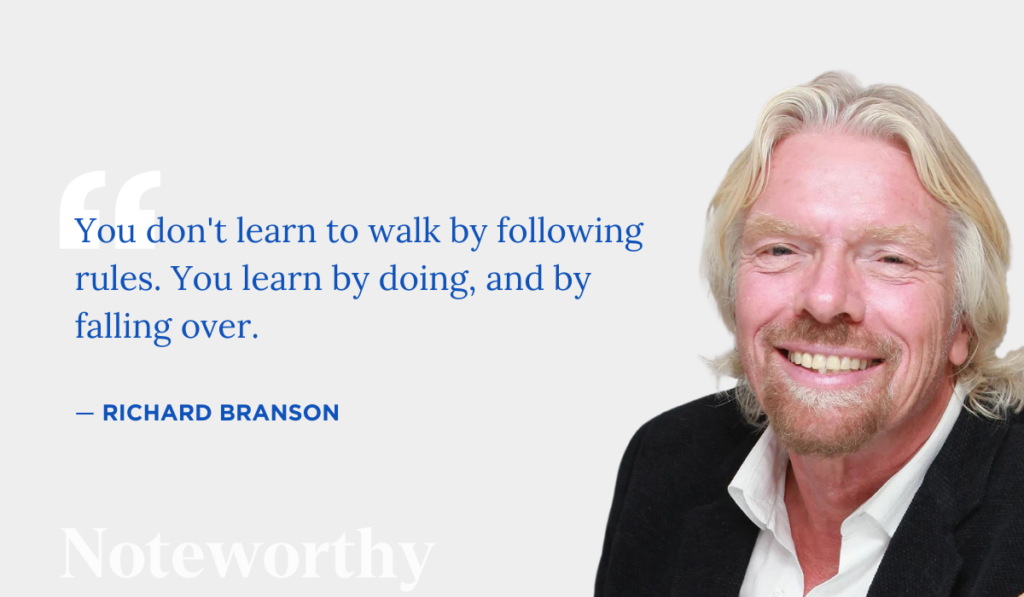
While formal education can provide valuable skills and knowledge, it’s optional for business success. The world of business and innovation is brimming with stories of individuals who, without formal business education or even at all, have made significant impacts in their fields.
You don’t learn to walk by following rules. You learn by doing, and by falling over.
Richard Branson, founder of the Virgin Group.
The founder and CEO of Dell Technologies, Michael Dell, dropped out of college at 19 to focus full-time on his business, which became one of the world’s leading sellers of personal computers. Steve Jobs also dropped out of college, and Richard Branson never pursued higher education.
Passion, perseverance, and a willingness to learn are more critical than formal education. Non-traditional self-education paths, such as boot camps and online courses, are valuable for learning entrepreneurial skills. Seek mentorship and engage in the entrepreneurial ecosystem for real-world learning.
5. If you build it, they will come
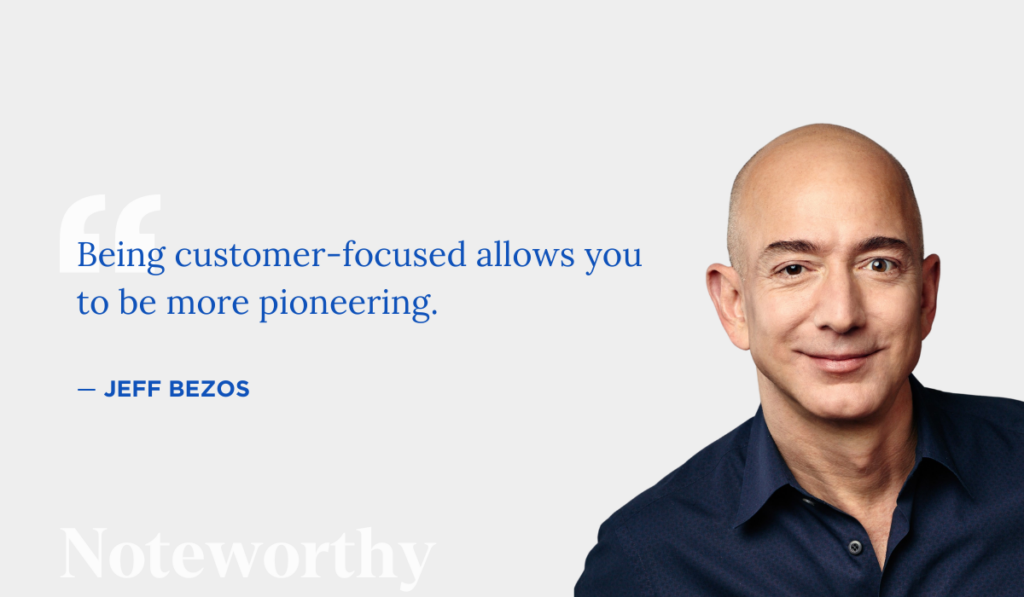
Attracting customers requires more than launching a business or product. It also requires effective marketing, understanding your audience, and continuous adaptation to their needs. Building a customer base requires effort and strategic planning.
Being customer-focused allows you to be more pioneering.
Jeff Bezos, founder of Amazon.
During Airbnb’s early days, the founders took a hands-on approach to customer engagement. They visited hosts in New York to understand their needs better and help them create more attractive listings. This approach was crucial for building their customer base, showing that success requires more than a great product.
One strategy to increase initial adoption is to use social media to create anticipation, gather feedback, and build a community around your product before launch.
6. Hard work equals more success
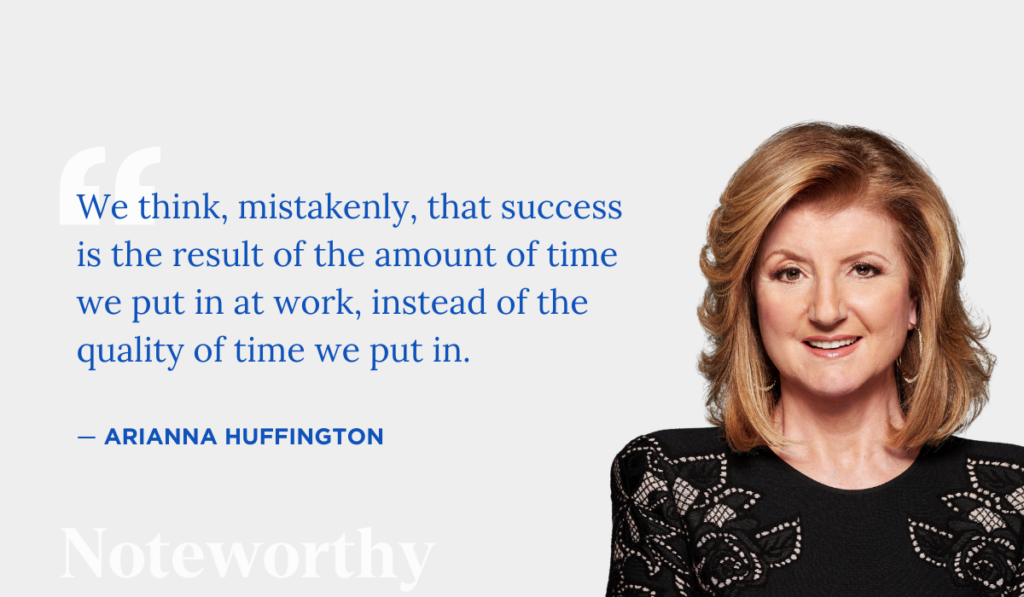
Glorifying the “hustle culture” and round-the-clock work dominates the entrepreneur narrative. While hard work is crucial, working smarter is often more effective than the traditional work-hard ethos. Burnout can hinder decision-making and creativity. Successful entrepreneurs find ways to work efficiently, delegate tasks when possible, and maintain a balance that sustains their long-term productivity and personal well-being.
We think, mistakenly, that success is the result of the amount of time we put in at work, instead of the quality of time we put in.
Arianna Huffington, co-founder of The Huffington Post.
Rest and creativity are vital to success, so focus on work-life balance. Implement time management techniques and automation tools to optimise productivity without burnout and exhaustion, which can culminate in a personal health crisis.
7. You can’t start a business if there’s competition
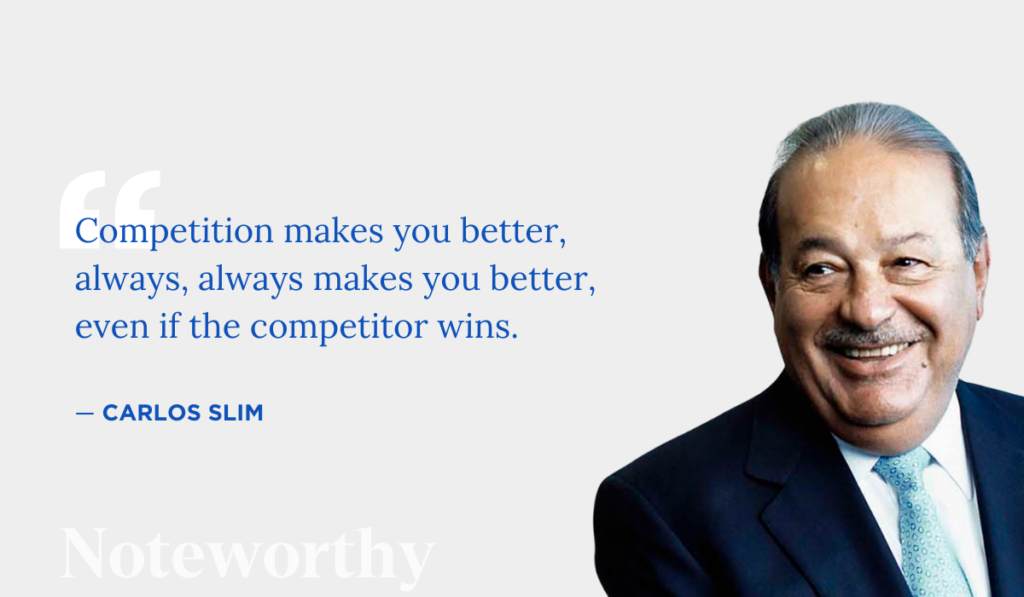
Many people view competition as an obstacle to entering a market. However, it can also confirm the demand for a product or service. Thriving businesses offer superior quality, outstanding customer service, effective branding, and innovative solutions. Learning from competitors can provide helpful information about the market’s requirements and opportunities.
Competition makes you better, always, always makes you better, even if the competitor wins.
Carlos Slim, Mexican business magnate.
Google entered a market dominated by Yahoo! and AltaVista. By providing better search results and a cleaner interface, it became the leading search engine, accounting for 88% of global internet searches. It shows that entering a competitive market is possible and can lead to dominance with the right strategy.
Use competitive analysis tools to identify market gaps, carve out your niche, and position your offering uniquely.
8. You must have exhaustive market knowledge from the start
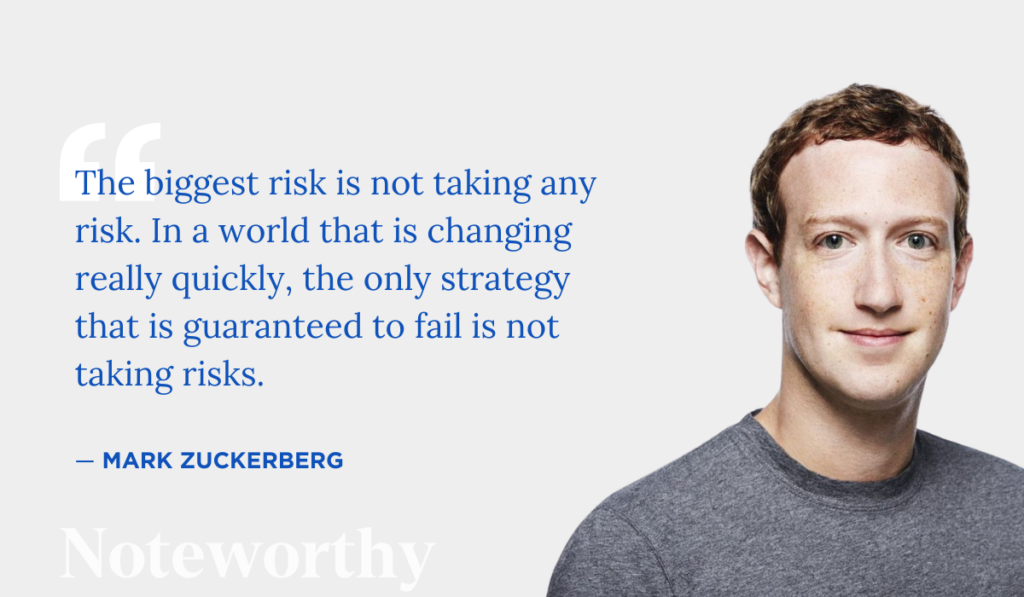
Understand your market, but don’t feel like you need to know everything from the beginning. Markets constantly change, so learn about evolving consumer behaviour, trends, and competition. Successful entrepreneurs adapt and continuously learn from successes and failures to gain insights.
The biggest risk is not taking any risk. In a world that is changing really quickly, the only strategy that is guaranteed to fail is not taking risks.
Mark Zuckerberg, the co-founder of Facebook.
Spotify entered the music streaming industry without complete knowledge of the market. However, its adaptability made it a leader in its field. It learned from user behaviour and industry trends and adjusted its offerings accordingly, demonstrating the importance of refining your business model based on ongoing learning.
The rapid pace of change in most industries makes agility and the ability to learn quickly more valuable than ever. To adapt swiftly to market changes, adopt a flexible mindset and stay informed about your industry through trends, podcasts, webinars, and industry reports.
9. The product or service must be perfect before launch
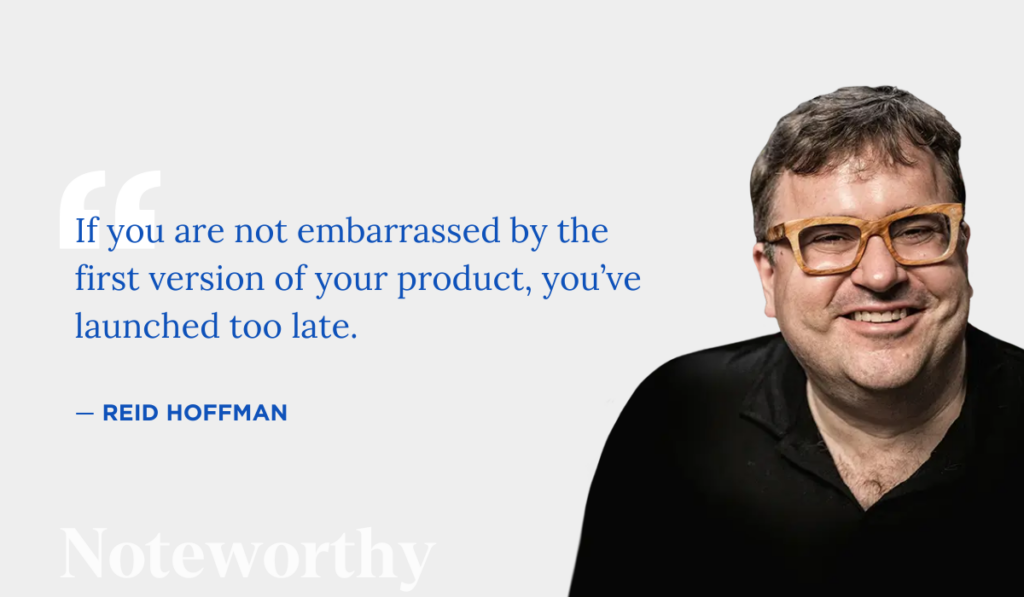
Striving for perfection can result in never launching a product or service. This misconception leads to endless tweaks and revisions, delaying valuable feedback from real customers. Early feedback is invaluable.
If you are not embarrassed by the first version of your product, you’ve launched too late.
Reid Hoffman, co-founder of LinkedIn.
Dropbox launched with a simple video demonstrating its file-syncing concept long before it perfected the product. The overwhelmingly positive response helped shape its development priorities and validated the demand.
The concept of a “minimum viable product” (MVP) encourages entrepreneurs to launch a basic but functional version of their offering to the market as quickly as possible. Dropbox’s story demonstrates that this can be a smart strategy for gauging interest and refining the product based on real user feedback.
10. Entrepreneurship is a guaranteed pathway to success
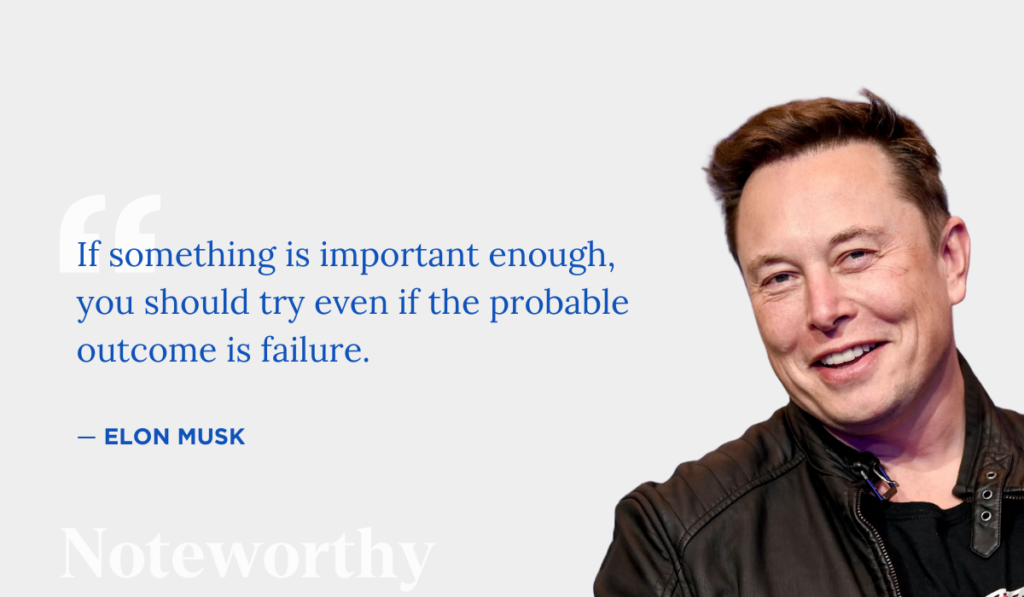
Starting a business is not an easy path to success. The entrepreneurial path is paved with time, patience, persistence, and consistent learning. The notion of overnight success is largely a myth. Despite your best efforts, sometimes failure is still a possibility. However, encountering failure is not a defeat but a valuable lesson for your next venture, teaching you what doesn’t work and paving the way for future successes.
If something is important enough, you should try even if the probable outcome is failure.
Elon Musk, known for his ventures such as SpaceX, Tesla, and several others.
James Dyson faced 5,126 failed prototypes over 15 years before creating the world’s first bagless vacuum. His relentless pursuit of innovation revolutionised the vacuum cleaner market, and Dyson Ltd. is now a global technology company known for its cutting-edge designs.
Business success is a marathon, not a sprint. While the path to business success is seldom straight and often peppered with setbacks, the lessons learned from these challenges and the perseverance to continue ultimately pave the way for achievement.
